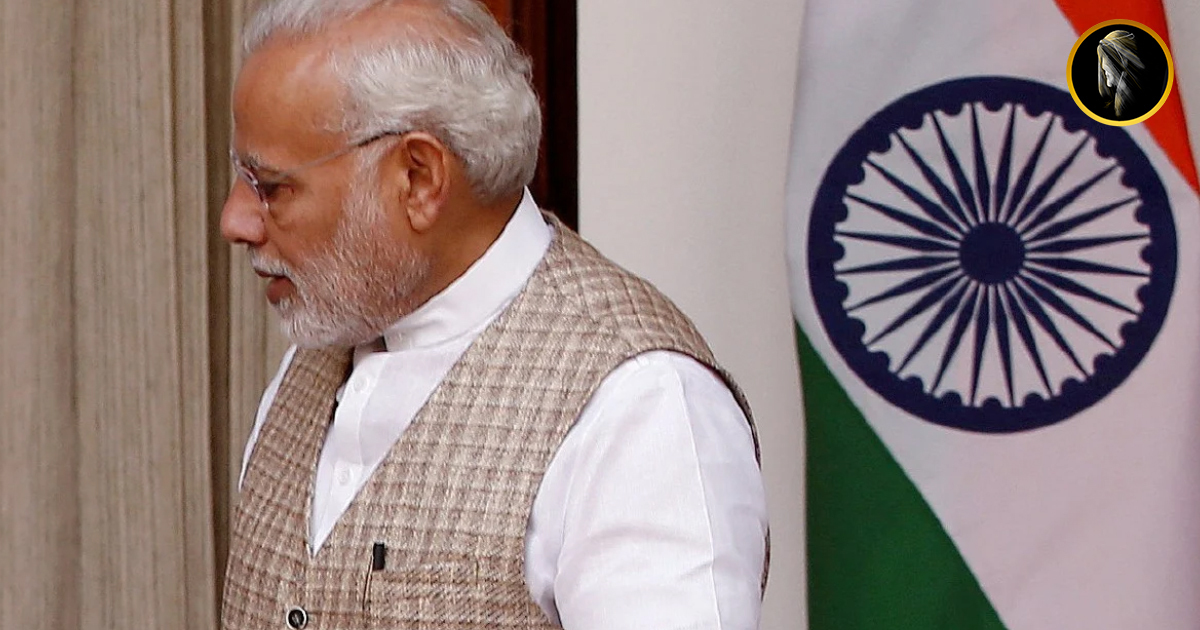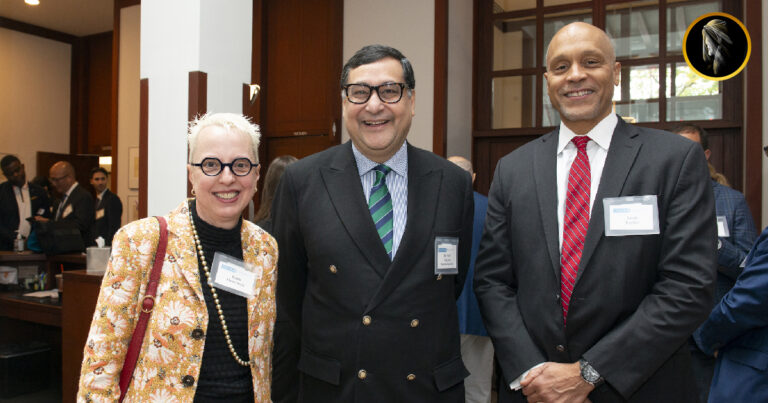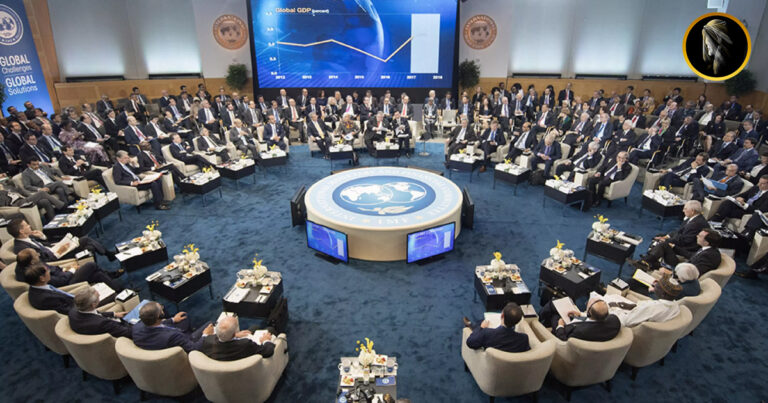Amnesty International has accused the Indian government of using recommendations from the global money-laundering watchdog, the Financial Action Task Force (FATF), as a heavy-handed tool to target civil society groups and silence activists and critics. India, the world’s largest democracy, has faced ongoing allegations of harassment against government critics within civil society organizations and the media during Prime Minister Narendra Modi’s Hindu-nationalist administration, despite the government’s denial of such claims.
According to Amnesty International, the recommendations of the FATF, based in Paris and tasked with combatting global money laundering and terrorist financing, are being misused to enact “draconian laws” aimed at stifling the non-profit sector and restricting organizations’ access to funding.
Critics argue that the Indian government, under Modi’s leadership, has put pressure on human rights groups by closely scrutinizing their financial activities and clamping down on foreign funding. This has raised concerns that counter-terrorism and financial laws are being misused to target and silence government critics.
Over the past decade, India has revoked the licenses of more than 20,600 non-governmental organizations (NGOs), with nearly 6,000 of these cancellations occurring since 2022, as reported by Amnesty International. In 2020, Amnesty International was forced to suspend its operations in India after its bank accounts were frozen by the government. The Indian government defended its actions, accusing Amnesty of engaging in “illegal practices” related to the transfer of “large amounts of money” from Amnesty UK to India.
Additionally, journalists critical of the government have reported increased harassment, both on social media platforms where Modi’s ruling party holds significant influence and in real-world interactions. This situation raises concerns about the state of freedom of expression and civil society in India.








